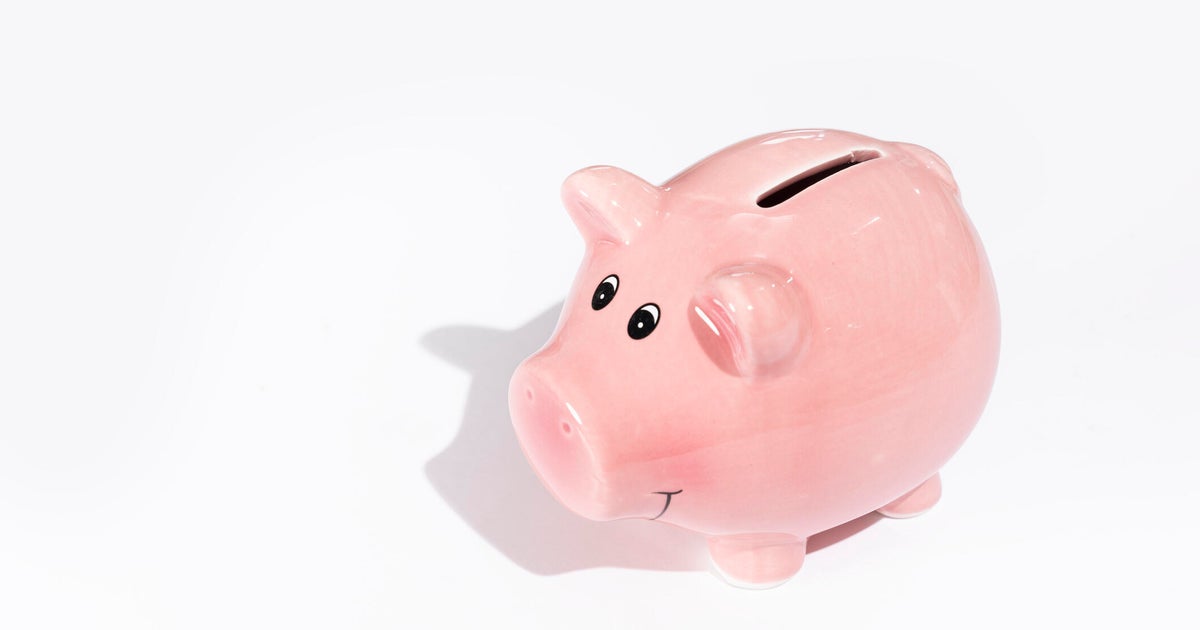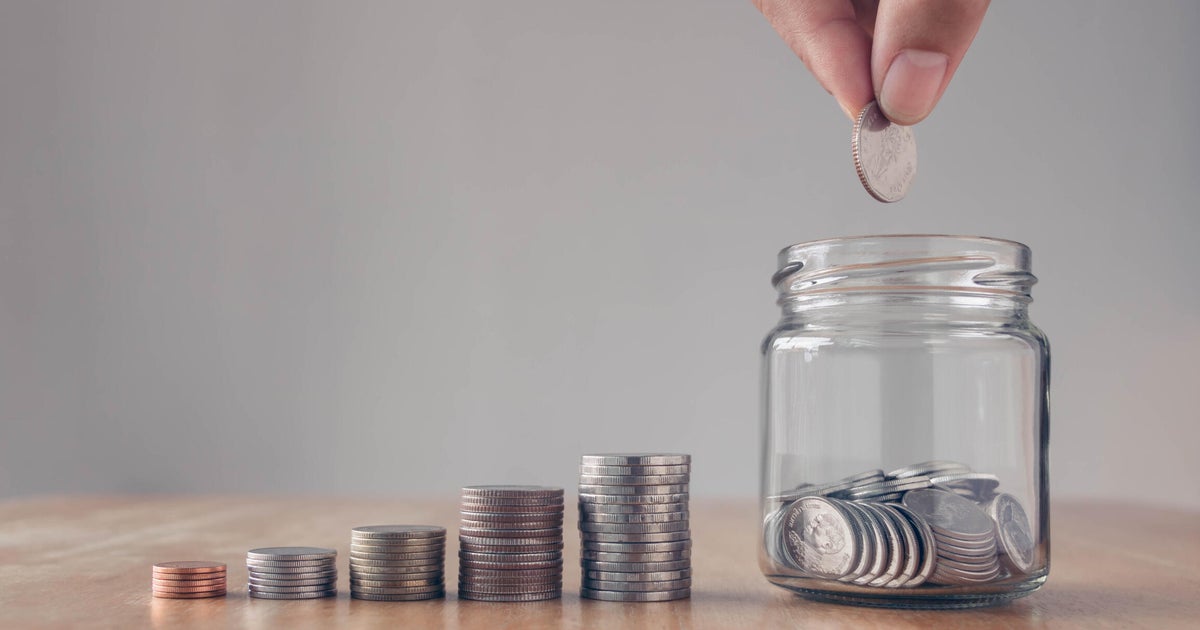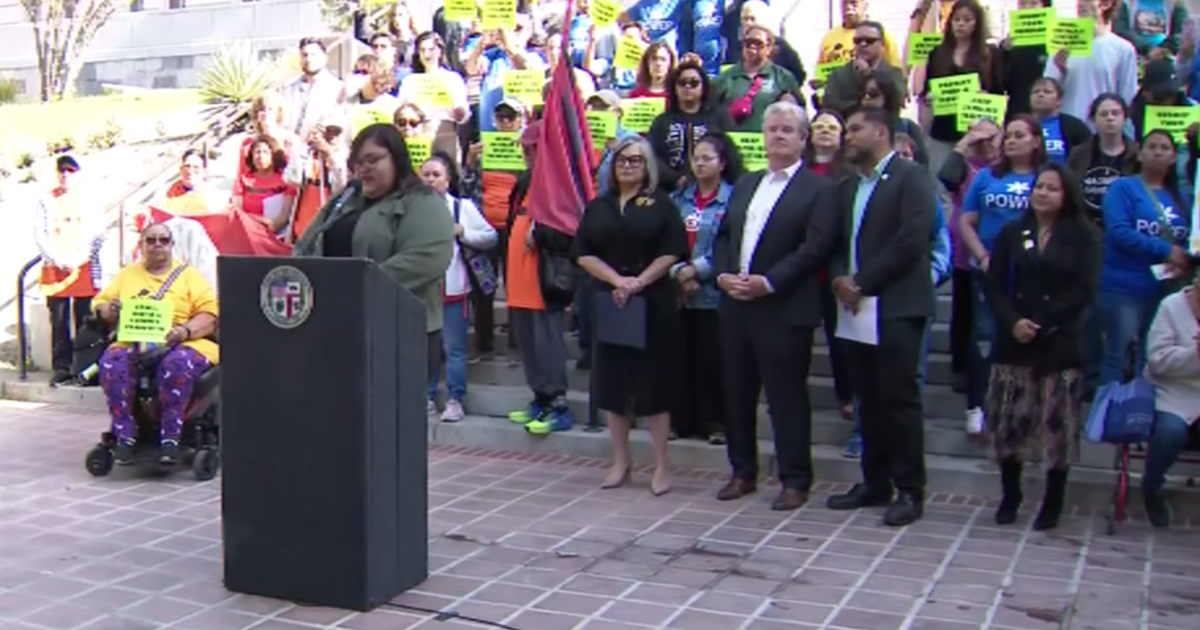Long-term CDs vs. short-term CDs: Which is better this May?
The Federal Reserve raised the federal funds rate several times over the past few years to help tame inflation — but as inflation has started to cool, the Fed has adjusted its approach. The outcome of its last few meetings, for example, has been that the Fed has opted to keep rate changes paused, essentially locking in its benchmark rate for now.
That news hasn't been great for borrowers, who are temporarily stuck with higher-than-normal interest rates on borrowing products. It has, however, been a major advantage for savers, who have had the opportunity to maximize their returns in this high-rate environment through various savings products like certificates of deposit (CDs). But rates are unlikely to stay this high forever.
Currently, inflation is dropping closer to the Federal Reserve's 2% target and the agency is still expected to cut rates at some point this year. However, due to ongoing economic uncertainty, rates could very well stay the same this May. Since no one knows exactly if and when rate adjustments might happen, it's important to know whether long-term CDs or short-term CDs are a better option this May.
Explore today's top CD account offers online now.
Long-term CDs vs. short-term CDs: Which is better this May?
Right now, savers who want to lock in a high rate can look into CD accounts, which generally have more attractive rates than savings accounts. You put your money in a CD for a specific term and, in return, get a fixed rate. Accessing those funds before the maturity date results in an early withdrawal penalty.
Given these factors, it's key to consider the term when comparing long-term CD accounts and short-term CD accounts.
"A short-term CD typically is less than one year and a long-term CD is typically more than a year," says Dr. Lakshmi Balasubramanyan, associate professor of banking and finance at Case Western Reserve University.
Short-term CD accounts could be three months, six months, nine months or up to a year. Long-term CD accounts could be 18 months, three years, five years or longer. In normal circumstances, CD interest rates are higher on long-term accounts than on short-term accounts. But that's not the case at the moment.
"What we are seeing…in terms of short-term CDs and long-term CDs is what you call this yield curve inversion, where the short-term rates are actually a little bit higher than the long-term rates. And you see this inversion when there is a lot of uncertainty in the market," says Balasubramanyan.
In other words, you could take advantage of higher interest rates on short-term CD accounts right now, though it's not typical. But you can also lock in solid long-term CD account interest rates as well, before potential rate cuts.
Why a long-term CD could be better this May
Most certificates of deposit have early withdrawal penalties, so you want to ensure you can keep those funds untouched for the duration of your term. If you won't need to access those funds during your term, you can take advantage of higher rates in the current climate.
In general, long-term CD accounts could be a good option this May if:
- You have a well-padded emergency fund that's liquid
- You're saving for a specific goal that's more than a year out (such as a down payment, car, vacation, etc.)
"Even though rates are a bit lower than shorter-term products, long-term rates are still attractive by historical standards and it is predicted that the Fed will reduce rates again this year, so locking something in now can be a great strategy," says Shana Hennigan, chief business officer at Raisin, a savings platform.
Investors who have been spooked by the recent market volatility can turn to long-term CD accounts for something more predictable. Balasubramanyan says CD accounts are a good option,
"If you are a retiree or you just don't want any erosion in capital during turbulent times and you just don't want to have to worry about any kind of movements," Balasubramanyan says.
Find out how much you could earn with a CD account today.
Why a short-term CD could be better this May
If you're not sure about locking up your funds for a long time, short-term CDs might be a better fit this May. In general, short-term CD accounts are beneficial right now if:
- You're optimizing returns and want the highest rate possible
- You feel more comfortable with a shorter time frame
- You're saving for a specific purpose and will need those funds in less than a year
"If you have some liquidity needs that's coming up, say in a year from now, or you need to pay college tuition…then you might want to lock it up in a short-term CD. You're going to benefit from the higher rates," says Balasubramanyan.
The bottom line
A certificate of deposit is a nice middle ground if you want something more predictable than the stock market but with more attractive returns than a savings account. CD interest rates are typically higher than savings account interest rates, making them an appealing choice. The primary downside to consider is the early withdrawal penalties.
If you want full access and liquidity, a high-yield savings account is a good alternative. However, you typically have slightly lower interest rates on high-yield savings accounts compared to CD accounts (though it varies by term and bank). You can also use a hybrid approach and have a high-yield savings account for your emergency fund, short-term CDs to lock in high rates and long-term CDs for a specific goal. The interest rates on savings accounts can change at any time, but CD accounts offer you the benefit of securing a fixed rate. In a high-rate environment, that can be a major advantage.
"Locking in the current attractive rates, whether it's for a short- or longer-term CD, can be a port in the storm during periods of volatility that still puts your money to work for you," says Hennigan.




